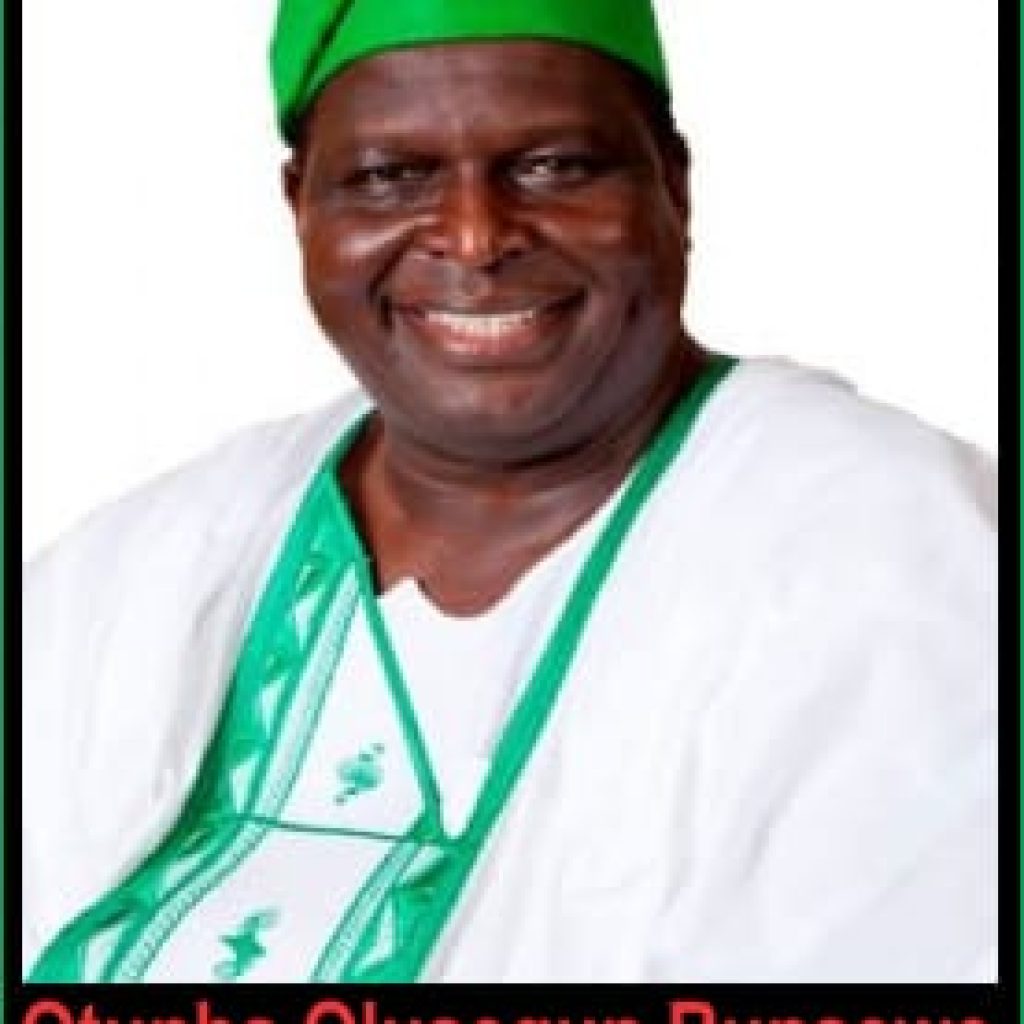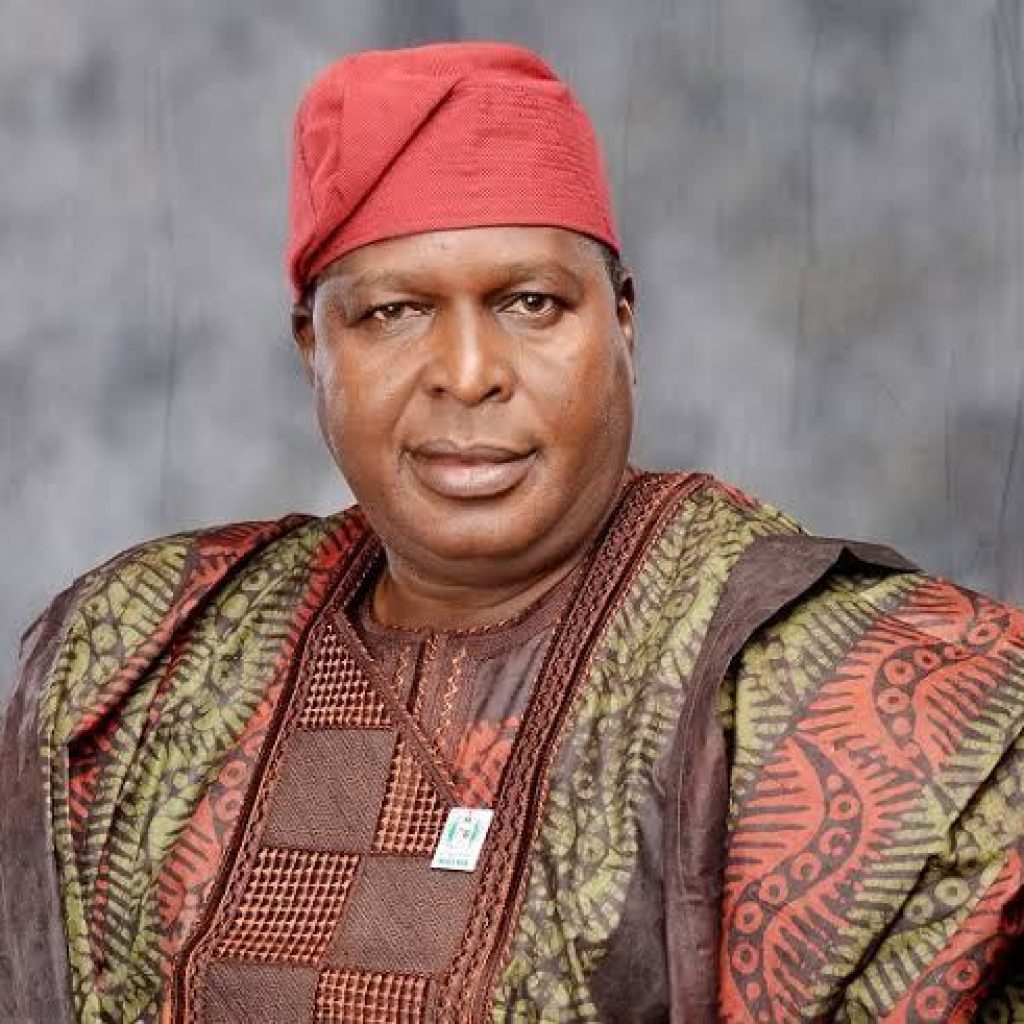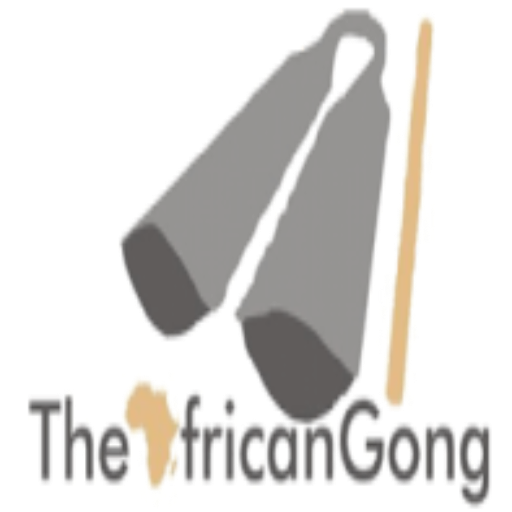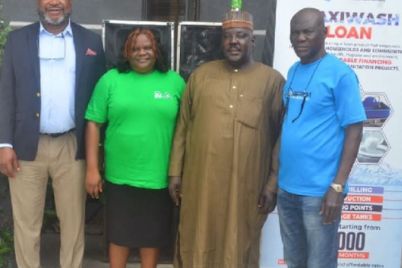By Frank Meke
The free fall of the naira against the dollar has impacted negatively across the socioeconomic divide. Indeed, in the history of Nigeria’s economics setbacks, it has never been this glaringly troublesome and seemingly defying solutions.
Nigeria’s poverty class is about 69 per cent, and even at that, the speed to aggregate the greater number of the citizenry to poverty circle looms large.
Culture is a people’s way of life, and in its valued expression, certain norms and traditions do help direct the future. Is it our culture to consume everything foreign without a thought to local production?
There have been several attempts to credit the Chinese cultural revolution as the big stage comeback, victory of its sustainable economic revival and growth, touching on all aspects of China’s sociocultural, economic, and political correctionness.
The Germans, at the end of the second war, battered and shoved to serious economic challenges, picked up its own cultural blueprint, starting with its transport ecosystem, and gave its people and the world a volkswagen bettle, efficiently low on fuel and cost maintenance.
They also worked hard on agriculture, knowing that feeding its war battered population is the future to her survival and rebound as a key influencer in Europe and the world politics at large.

These gains were deliberately pursued by the transformational leaders, men, and women sufficiently aware and gifted to change the lives of their people.
Those who caused and brought about socioeconomic and political revolution drew strength from cultural and historical narratives of their people and nation, and if we are careful to watch and study their footprints, they were all genetically tied to their ancestry.
Like is it often said in Nigeria’s traditional poetic expressions, a lion begets a lion. In the last four years, we have seen the gustful and deliberate efforts of Otunba Segun Runsewe to reconfigure our minds process to our cultural economy.
He gave a new lease of life to cultural festivals, turning its perceived short-term values into a fussive economy and engaged various support groups and publics to embrace the celebration our of culture, touching on critical areas such as our food, fashion, arts and crafts.
He ingrained skills acquisition in metal arts production, hair weaving designs, wood carvings, and local fabrics making and indigenous wellness offerings, some potentially effective against ailments troubling Nigerians and to which rogue elements export illegally out the country only to bring them back as finished scientific products to our people.
From food, fashion, arts, and crafts, there is no gainsaying that Nigeria is the hotbed of cultural economy in Africa. To give vent to this reality and helpful to a strong naira currency, Runsewe systematically nurtured the Abuja International arts and crafts expo, targeted the diplomatic community, knowing fully well that all foreign trade enquiries starts from embassies in Nigeria.

In the past five years, the exposition has grown from strength to strength with almost all foreign countries with known diplomatic relationships with Nigeria, collaborating with Runsewe’s National Council for Arts and Culture, to institute a global cultural tourism market in Nigeria.
Those gifted to see tomorrow can factor a strategic road map of marketing Nigeria’s arts and crafts to the world and an evidential project helpful to shoring up the values of our local currency exchange rate and reserve. However, it is too early in the day to withdraw funding support to the culture economy. To insist on that hasty path will collapse the gains already achieved and may eventually kill it progressive stride.
In the same time frame under discuss, local investments in the arts and crafts gallery economy have been on the rise, and another great gain in job creation openings in the culture economy. We are in thick of harnessing these variables. It is not yet Uhuru.

A piece of artistic work in some of these galleries is valued in millions of naira, and the exhibitions and export potentials are clearly advantageous to a strong local currency.
Indeed, Runsewe’s unflinching and avowed commitment and advocacy to one state, a cultural product deserving a national branding, is rooted in his vision to empower the rural poor who actually own the culture economy and also strengthen the naira. Runsewe’ s various cultural tourism campaigns within and outside Nigeria have dwelt on this score importance.
He holds the culture knive at the behest of the president and the minister of culture, but certainly can knive through the drawbacks of culture with the support of the National Assembly.
Nigeria needs the fearless commitment of patriotic and transformational achievers like Runsewe to help articulate and interpret the cultural value chain to build a strong national currency and economy.
Runsewe has beyond measure shown capacity to deliver on given national assignments, even going extra mile, sacrificing leisure time and recreation. He is on his national desk, even at odd hours and on weekends, a call and mission to leave a legacy in the culture sector to which Nigeria must pay focal attention at this difficult period of our national aspirations.


